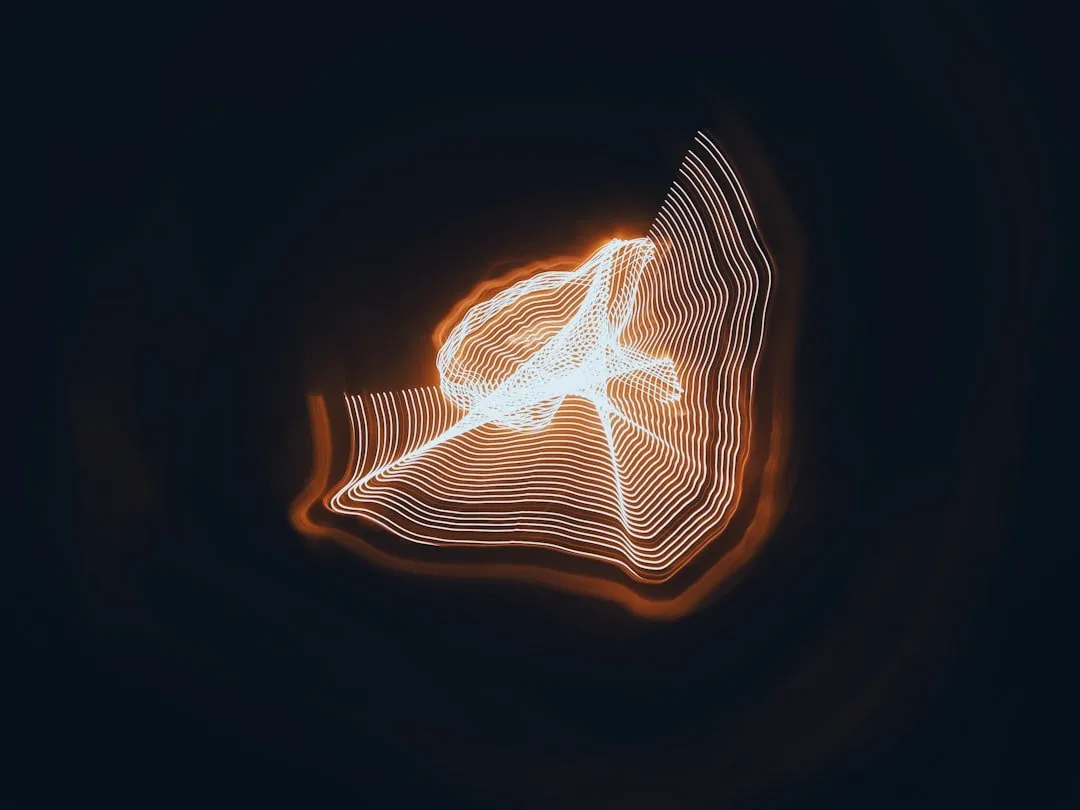Muscle soreness after intense exercise is common, but natural remedies like Kratom supplements offer an alternative to conventional methods. Unlike caffeinated drinks, Kratom doesn't contain caffeine and uses alkaloids like mitragynine for pain relief via opioid receptors. While effective, it should be used under healthcare guidance due to varying potencies and individual reactions, especially clarifying that "does kratom have caffeine" questions lead to misconceptions.
Muscle soreness, that nagging discomfort after intense workouts or physical exertion, can hamper progress and reduce quality of life. This article explores effective strategies for relief, with a focus on kratom supplements as a potential natural solution. We delve into the science behind muscle soreness, dissecting its causes to understand how kratom might help. Furthermore, we unravel the ingredient profile of kratom, including whether it contains caffeine, providing insights crucial for informed decision-making regarding this alternative remedy.
- Understanding Muscle Soreness and Its Causes
- Exploring Kratom Supplements as a Potential Relief Option
- Does Kratom Have Caffeine? Unraveling the Ingredient Profile
Understanding Muscle Soreness and Its Causes
Muscle soreness is a common issue faced by athletes, fitness enthusiasts, and even those who engage in regular physical activities. It’s the discomforting sensation that occurs after intense exercise or when muscles are subjected to unusual stress. This condition is often characterized by pain, stiffness, and decreased range of motion. Understanding what causes muscle soreness is key to finding effective relief strategies.
There are various factors that contribute to this post-exercise feeling. One primary cause is the breakdown of muscle fibers during strenuous activities. When muscles work beyond their usual limits, micro-tears form in these fibers, leading to inflammation and subsequent soreness. Additionally, lactic acid buildup can intensify the discomfort. Interestingly, some people may also experience muscle soreness due to a lack of caffeine in their system, as it plays a role in muscle fatigue prevention during exercise. Thus, it’s not just intense physical exertion but also the body’s post-workout recovery process that contributes to this common issue—a knowledge that opens up possibilities for natural remedies like kratom supplements, which do not contain caffeine.
Exploring Kratom Supplements as a Potential Relief Option
Kratom supplements have gained attention as a potential natural remedy for muscle soreness and pain relief. While often associated with its stimulating effects due to the presence of mitragynine, a primary active compound, kratom does not contain caffeine in the traditional sense. Unlike coffee or energy drinks, which are rich in caffeine, kratom’s stimulatory properties stem from other alkaloids like 7-hydroxymitragynine and 5-methoxymitragynine. These compounds interact with opioid receptors in the body, offering analgesic (pain-relieving) effects without the jitters or crash often associated with caffeinated products.
For individuals seeking alternatives to conventional pain management methods, kratom presents an intriguing option. Research suggests that it can effectively alleviate muscle soreness and joint pain, making it a potential game-changer for those who engage in intense physical activities or suffer from chronic musculoskeletal conditions. However, it’s crucial to approach kratom as a complementary therapy, consulting healthcare professionals before incorporating it into any sore muscle relief regimen, especially due to its varying potencies and individual user experiences.
Does Kratom Have Caffeine? Unraveling the Ingredient Profile
Kratom, a popular herbal supplement known for its pain-relieving and mood-enhancing properties, has sparked curiosity among users looking for natural alternatives. One common question that arises is whether kratom contains caffeine. While it’s true that both compounds share similarities, kratom does not have the same level of caffeine found in coffee or energy drinks. The ingredient profile of kratom is complex, consisting of various alkaloids, including mitragynine and 7-hydroxymitragynine, which are responsible for its unique effects. These alkaloids interact with opioid receptors in the body, providing analgesic (pain-relieving) benefits without the jittery side effects often associated with high-caffeine products.
Understanding the difference between kratom’s alkaloids and caffeine is crucial for consumers looking to alleviate muscle soreness or manage pain naturally. While caffeine blocks adenosine receptors, leading to increased alertness and energy, kratom’s active compounds target opioid receptors, which are involved in regulating pain perception. This distinction ensures that users can experience relief without the potential stimulatory effects of caffeine, making kratom a unique option for those seeking natural muscle soreness relief.
Kratom supplements have emerged as a promising option for muscle soreness relief, offering an alternative approach beyond traditional methods. By understanding the science behind muscle soreness and the unique properties of kratom, including its lack of caffeine, individuals can make informed decisions to support their post-workout recovery. Further research and personal experimentation are encouraged to unlock the full potential of kratom as a natural remedy for muscle discomfort.














